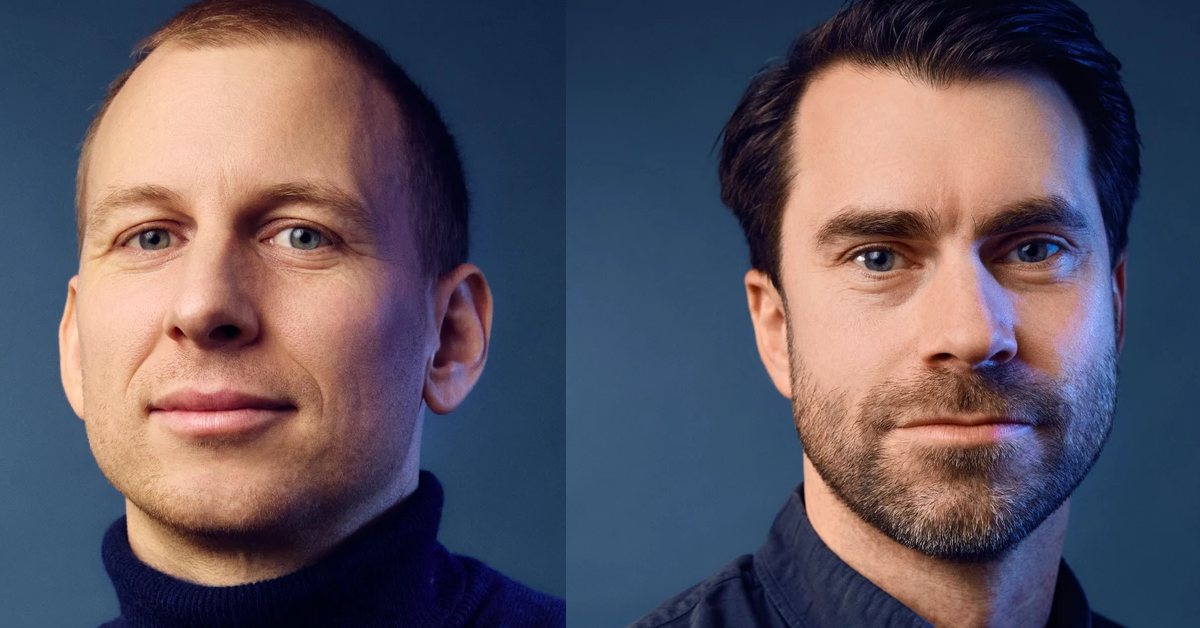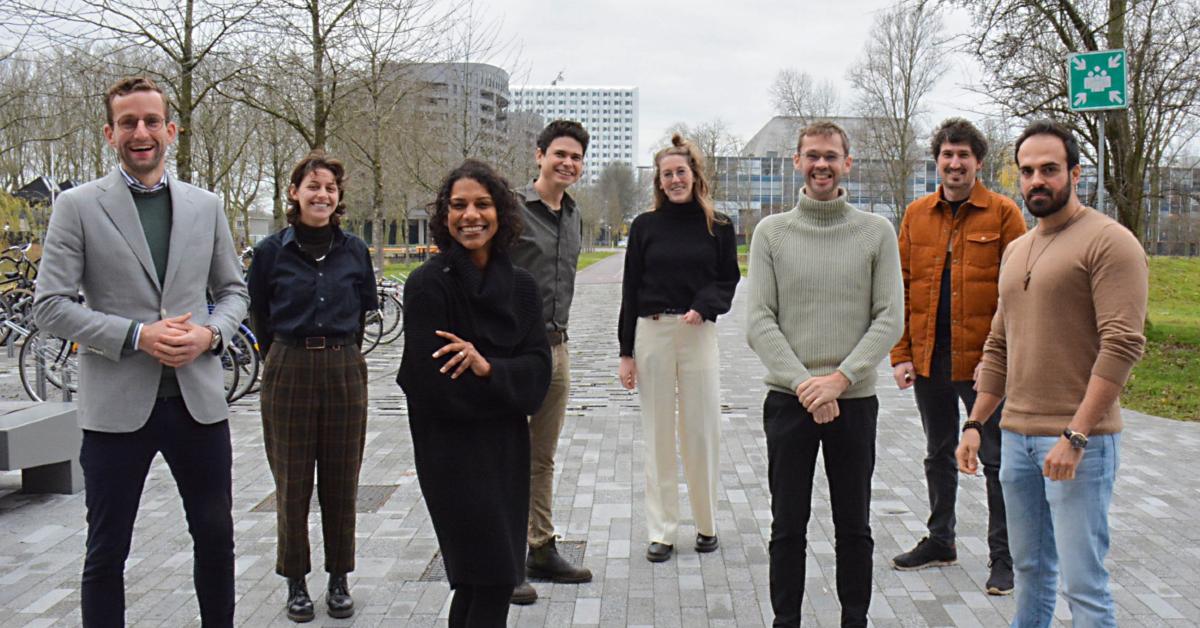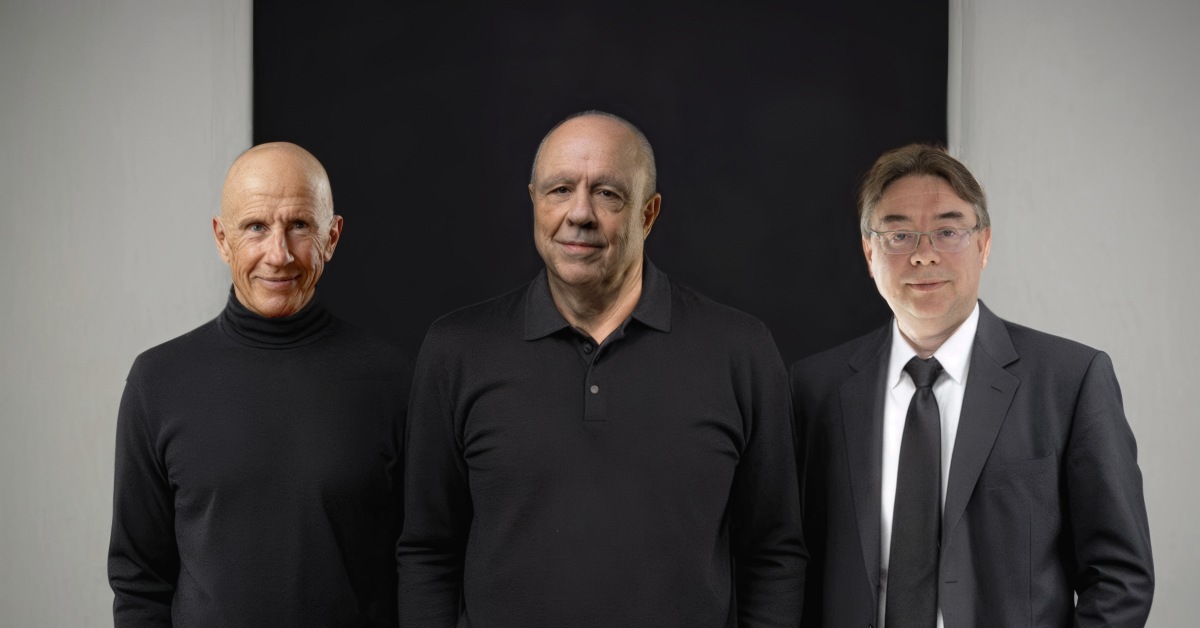Technology is integrated into almost every aspect of our lives, be it ordering food, commuting or healthcare. However, we are yet to observe any major breakthroughs using tech in the field of mental health care. Psylaris is a startup based out of Maastricht, Netherlands, which aims to change that by infusing the mental healthcare sector with the latest technology on offer.
Psylaris’ services and products make use of Virtual Reality (VR) to enable therapists to treat patients in a more convenient and safer manner. In an interaction with the company’s CEO, Mike Verhiel, we find how the tech works, what’s next for it in terms of innovation, what challenges it faced while starting out and more.
Psylaris CEO, Mike Verhiel
Psylaris, what is the concept?
Known as the ‘virtual therapist of the future, the company started in Holland, where, Verhiel says, there’s a shortage of therapists with long queues of patients waiting to receive therapy. Thus, Psylaris was born out of the idea of developing VR-based software for the mental health care sector. Identifying a gap in the market for a solution, the company came up with products that can help ease the burden for therapists and, at the same time, provide more affordable treatment for a patient.
Psylaris is available as an application on the Oculus Go VR headset and it currently features the Eye Movement Desensitization and Reprocessing (EMDR) form of therapy. This treatment is one of the prevalent forms of therapy that’s used when treating patients with trauma or bad memories.
While one might be thinking that if the software, used in tandem with the VR headset, is capable of treating people, why would one need to go see a therapist? Well, Verhiel stresses that the app is not a replacement for a therapist. In fact, it is aimed as a supplement to help a doctor treat their patients better and faster. The startup sells its devices only to businesses and not consumers, hence a patient needs to visit a doctor.
A therapist assesses whether a patient is ready to make use of Psylaris. If yes, then the doctor can instruct a patient to use the software with a VR headset for independently treating themselves, either at the therapist’s place or at home. As per the Psylaris’ CEO, this can result in more treatment sessions at a lowered cost of therapy and increased benefits. The therapist need not intervene during the session since it is said to be completely autonomous.
Where the company’s tech currently is and where is it headed?
Currently, only Eye Movement Desensitization and Reprocessing (EMDR) therapy is available via Psylaris. However, it’s said to be rather limited. As mentioned earlier, EMDR is a form of therapy that mainly treats traumas and negative memories. The company aims to make Psylaris a software suite that enables the application of different approaches and treatment plans for a therapist.
Verhiel says that they are currently in talks to secure a partnership with big institutions in Holland. The startup’s next step will be the introduction of an exposure therapy module. With some new software developers onboard, Psylaris is creating a model that can enable treatment of patients using exposure therapy, which sounds like a pretty good use case for VR application.
Exposure therapy is used to treat anxiety disorders by exposing patients to their anxiety source. Let’s talk about this for a second to understand it better. Let’s say you have an irrational fear of crows, a therapist would expose you to the source of anxiety, a crow, in a controlled and stepwise manner. However, the therapist would need to get a crow and create suitable, controlled conditions for treating the patient. Using Virtual Reality is an easier approach and obviously a safer bet. Therapists can treat their patients in a virtual space and without the risk of any physical danger.
Challenges faced by the startup
As per the Psylaris CEO, being in the mental health care sector is a huge challenge in itself. Unlike other sectors like accounting or telecom, there’s no luxury of conducting experimentation in this field and passing regulations can be viewed as a big hurdle as well. Developing solutions that impact the mental well being of an individual is no easy feat since it has to be carefully researched, slowly implemented with a small group and then expanded after quite a long period of time.
What about the competition?
Verhiel says that there are currently no other companies that are developing EMDR therapy-based solutions in Holland. However, as the startup will soon introduce exposure therapy module, it will have two main competitors in the same space, Clevr and Vrendle. While most startup founders would view competition as bad for business, this is not the case here since these rivals are being viewed as “co-innovators” since there is high demand for such solutions in the market but only a handful of suppliers.
Will Psylaris be holding Investment rounds in 2019?
Psylaris has completed its investment rounds with LIOF, a regional development and investment company in Maastricht. Verhiel says that the company has enough funds to be well off for this year, and maybe till the beginning of 2020. Most of these funds will be poured into the improvement of the company’s products, and for research and development. purposes.
However, an influx of funds is always appreciated in startups since more money equals speedy growth and a larger customer base. Additionally, with the release of the next module, the startup is bound to gain more customers and more data. As for the current business model, Psylaris sells licences for its software to institutions, which can also lease VR headsets from the organisation.
The takeaway
Psylaris is a promising startup in the mental healthcare sector that implements VR technologies in therapies. From Y Combinator, the company learned how to dream big, think extreme and take action to realise the end goal. While it has not revealed the numbers of customers it has, it aims to be in every clinic in Europe. Its expansion plans apparently depend on its product’s growth and when the time comes, tailoring its product for newer markets. We can expect the company to grow further as it is slated to soon introduce new therapy modules for treating patients using VR.
Stay tuned to Silicon Canals for more updates in the tech startup world.










01
From telecom veteran to Dutch Startup Visa success: The Jignesh Dave story